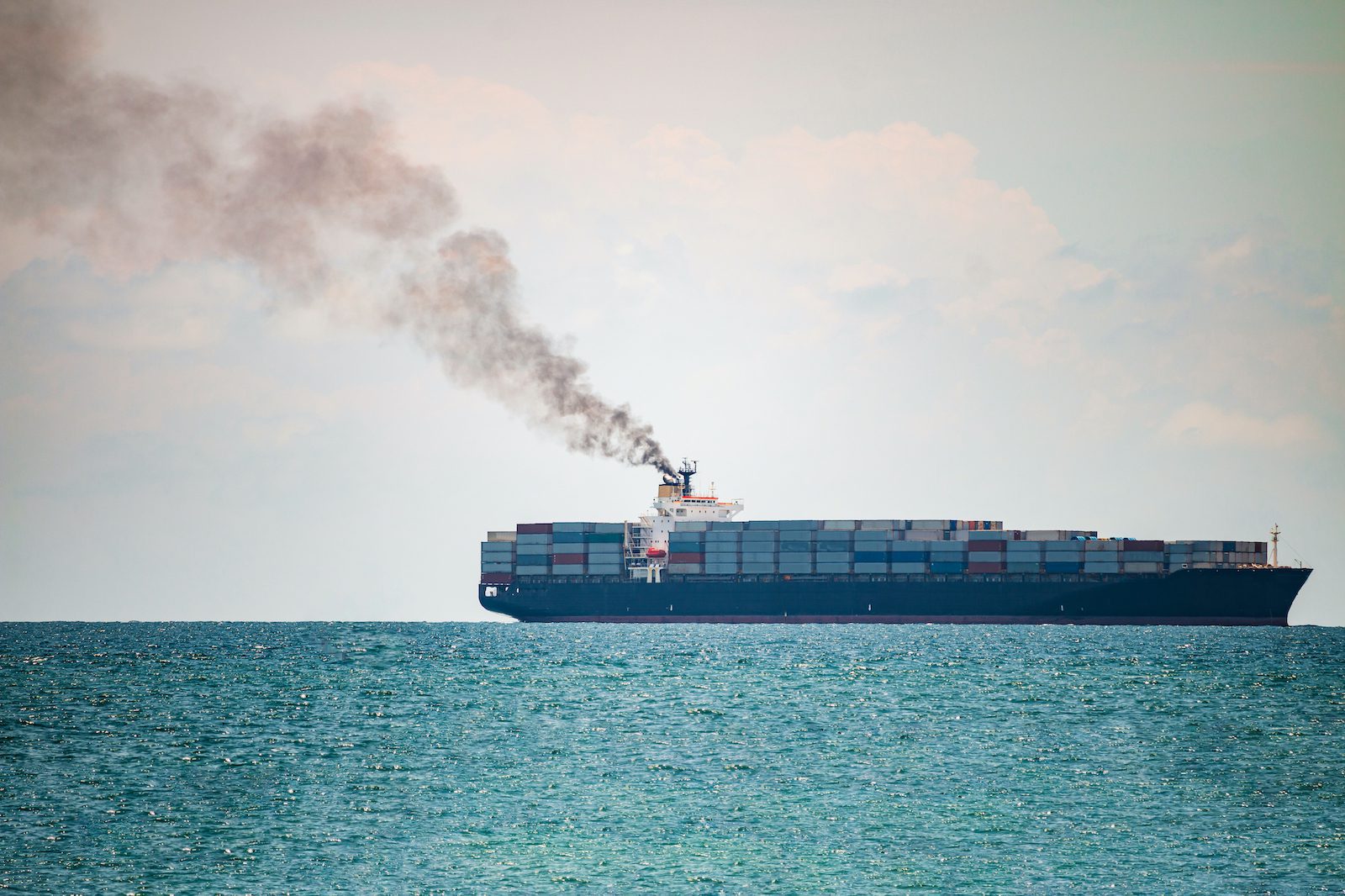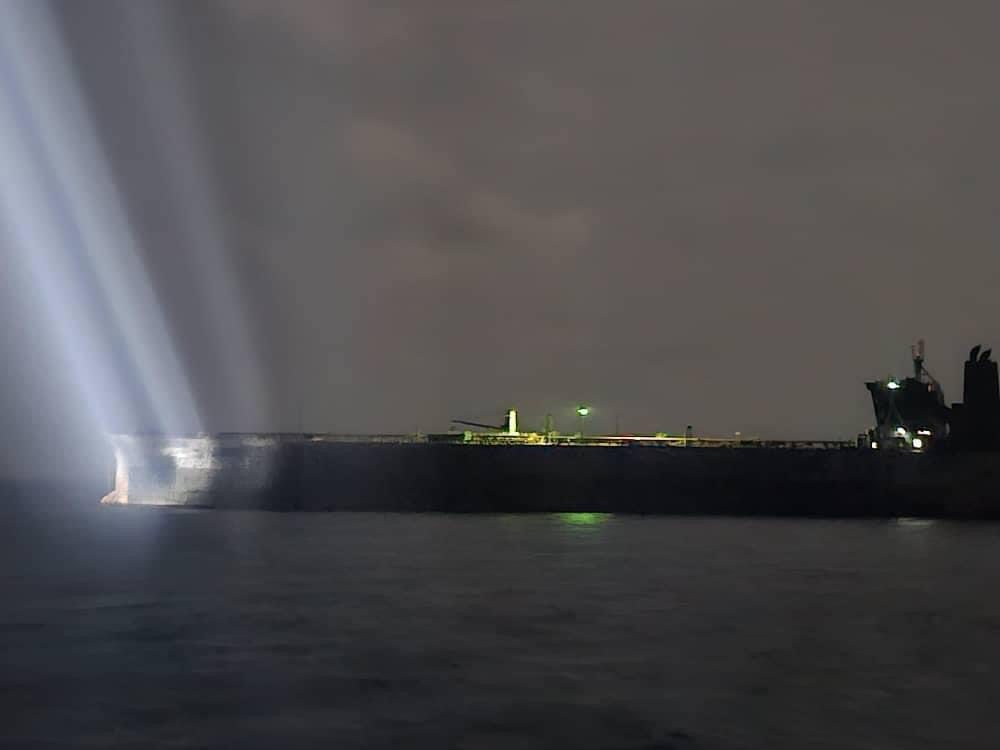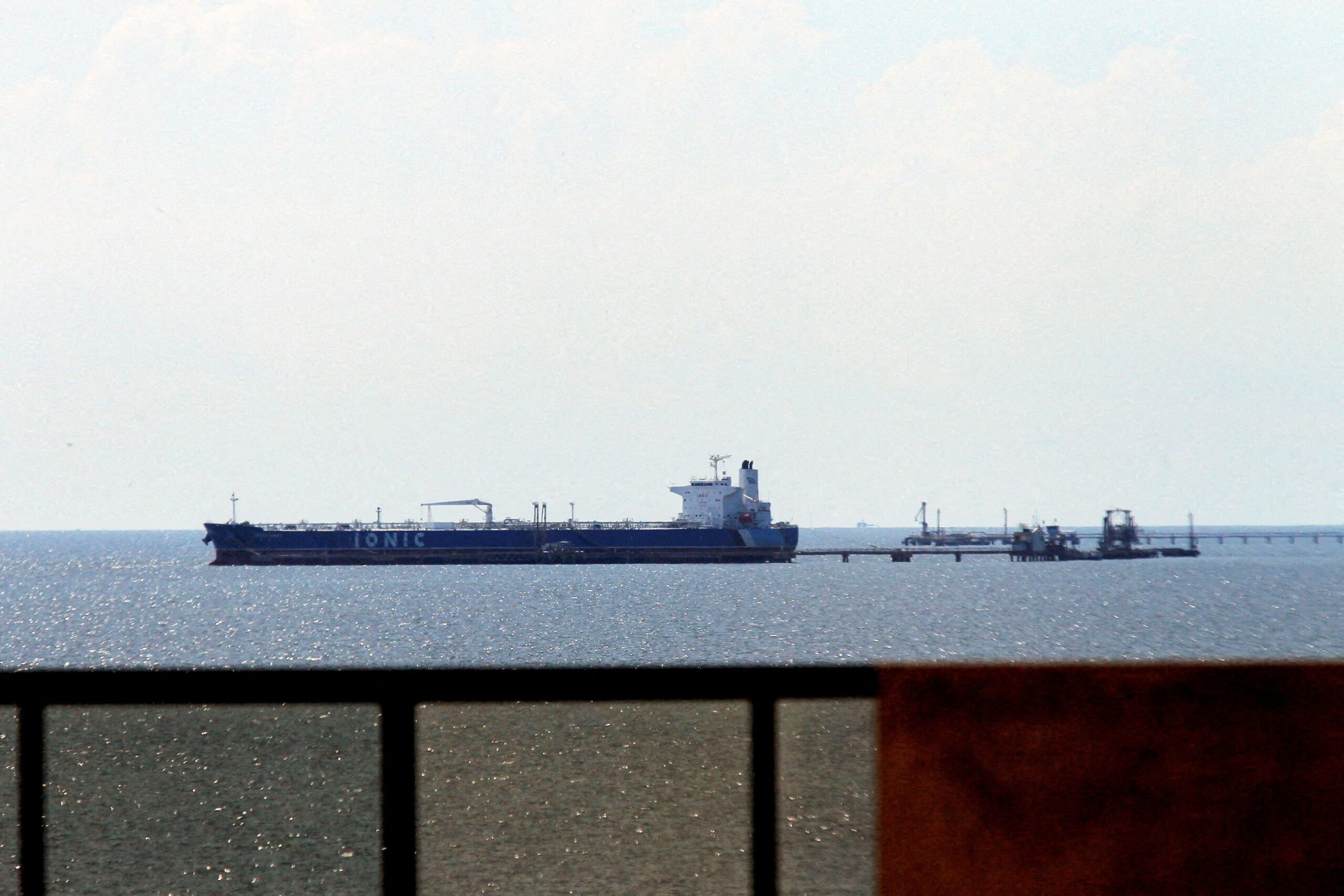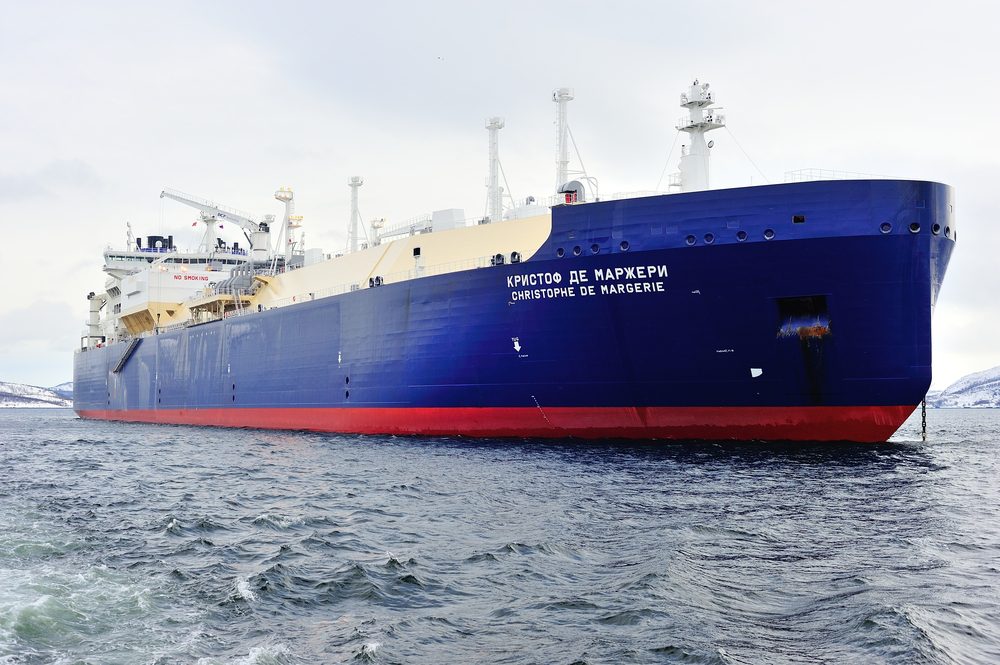Trump Administration declares war on shipping’s net zero emissions plan, puts countries “on notice” over backing of the plan.
The Trump Administration has issued a strong rebuke of the International Maritime Organization’s proposed “Net-Zero Framework,” characterizing it as “effectively a global carbon tax on Americans levied by an unaccountable UN organization.”
Secretary of State Marco Rubio, Secretary of Commerce Howard Lutnick, Secretary of Energy Chris Wright, and Secretary of Transportation Sean Duffy issued the statement ahead of the IMO’s October 2025 meeting where the framework is scheduled for formal adoption.
“President Trump has made it clear that the United States will not accept any international environmental agreement that unduly or unfairly burdens the United States or harms the interests of the American people,” reads the statement, signaling what could become a major disruption to global shipping regulations.
The IMO Net-Zero Framework, approved by the Marine Environment Protection Committee during its 83rd session (MEPC 83) from April 7-11, 2025, would become the first in the world to combine mandatory emissions limits and greenhouse gas pricing across an entire industry sector.
If adopted in October as planned, the measures would become mandatory in 2027 for large ocean-going ships over 5,000 gross tonnage, affecting vessels that account for approximately 85% of total CO2 emissions from international shipping.
The Trump Administration’s statement claims the framework would “conveniently benefit China by requiring the use of expensive fuels unavailable at global scale.” It further argues the standards would “preclude the use of proven technologies that fuel global shipping fleets, including lower emissions options where U.S. industry leads such as liquified natural gas (LNG) and biofuels.”
Under the framework, ships would be required to comply with a global fuel standard that reduces greenhouse gas fuel intensity over time, and a global economic measure where vessels exceeding emissions thresholds must acquire remedial units to balance their deficit emissions.
The administration warns that ships failing to meet the framework’s “unattainable fuel standards and emissions targets” would incur fees that would “drive up energy and transportation and leisure cruise costs” for American consumers. “Even small vessels would incur millions of dollars in fees, directly driving up costs for American consumers,” the statement asserts.
“The Trump Administration unequivocally rejects this proposal before the IMO and will not tolerate any action that increases costs for our citizens, energy providers, shipping companies and their customers, or tourists. We will fight hard to protect the American people and their economic interests,” the administration’s statement said.
It concludes with what appears to be a direct warning to other IMO members: “Our fellow IMO members should be on notice that we will look for their support against this action and not hesitate to retaliate or explore remedies for our citizens should this endeavor fail.”
The administration’s rejection of the IMO proposal comes amid criticism of President Trump’s tariff policies, which some analysts predict will raise prices for U.S. consumers and slow economic growth.
“Tariffs are beginning to drive up consumer prices, and fewer imports will eventually mean fewer goods on store shelves. Small businesses especially are grappling with the ability to stay in business,” said NRF Vice President for Supply Chain and Customs Policy Jonathan Gold in a recent report on the impacts of the administration’s trade policies.
The IMO’s plan includes the establishment of a Net-Zero Fund to collect pricing contributions from emissions. These revenues would then be disbursed to reward low-emission ships, support innovation and infrastructure in developing countries, and mitigate negative impacts on vulnerable states, such as Small Island Developing States and Least Developed Countries.
The International Chamber of Shipping (ICS), which represents over 80% of the world merchant fleet, has formally backed the IMO’s Net-Zero Framework while stressing the need for clearer incentives to drive the maritime industry’s decarbonization efforts.
“The IMO needs to formally adopt the Net Zero Framework in October to send a clear signal to industry and provide the incentive needed to produce these cleaner fuels. Industry needs clarity, simplicity, and detail on the rewards,” said ICS Secretary General Thomas A. Kazakos in July.
The IMO’s Net-Zero Framework is scheduled for adoption during an extraordinary session of the Marine Environment Protection Committee in October 2025, with detailed implementation guidelines expected to follow in Spring 2026 before the measures would enter into force in 2027.
In May, President Trump nominated former White House National Security Adviser Mike Waltz to serve as the next U.S. ambassador to the United Nations. Waltz, who departed from the administration following controversy over sharing sensitive military information related to a military operation against the Houthis in Yemen, had previously been deeply involved in maritime policy reform.

 Join The Club
Join The Club











